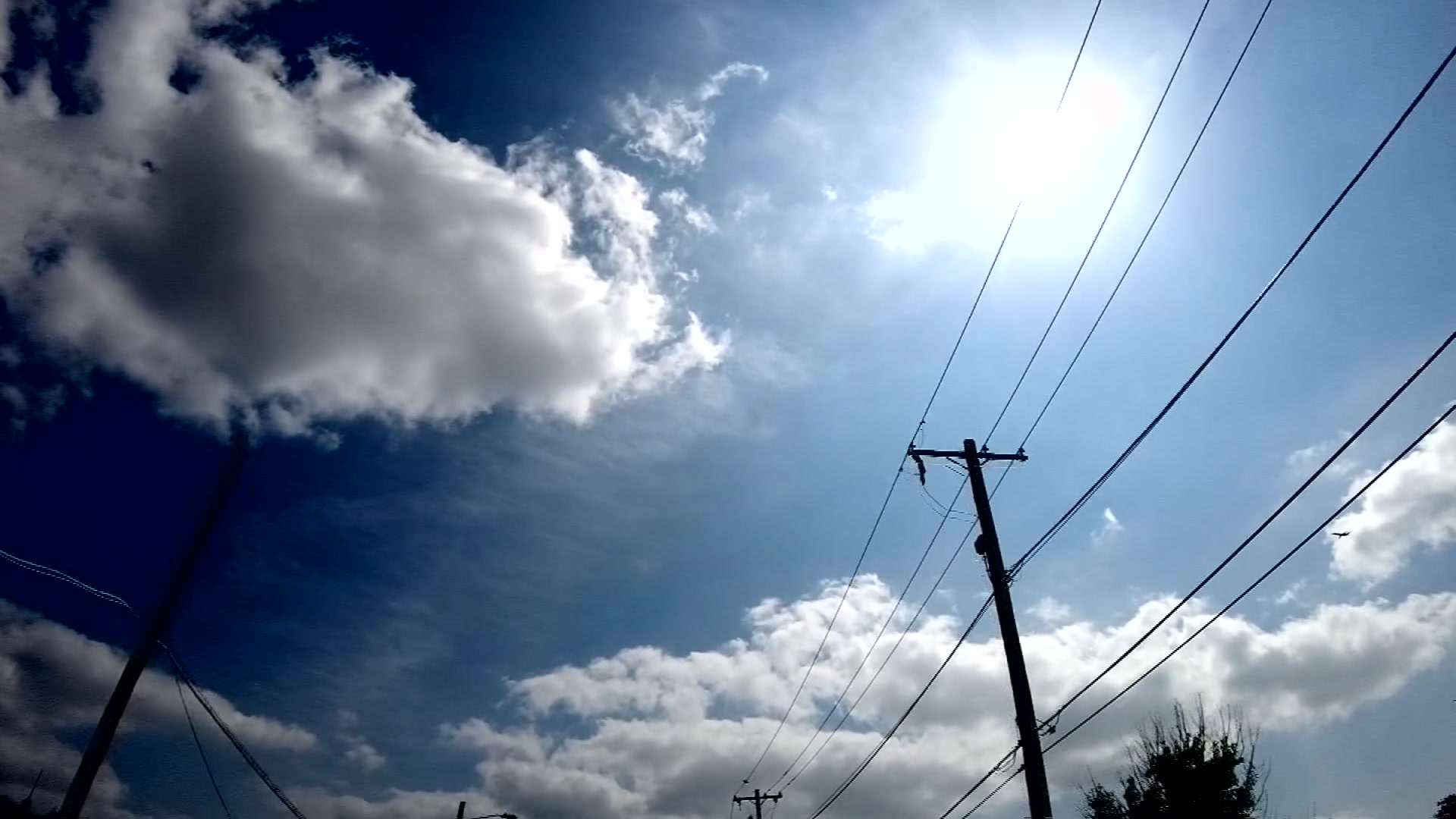Dangerously hot temperatures are about to descend on the Chicago area, but it's important to know the early signs of heat exhaustion or heat stroke before the wave arrives as experts say by the time you notice symptoms, it could be too late.
"The mistake people make is they aren't aware of their symptoms," said Dr. Trevor Lewis, the chair of Emergency Medicine at Cook County Health.
Lewis said beyond prevention, the key to detecting potential heat exhaustion or heat stroke is knowing what to look for before the symptoms grow too intense to ignore.
"The biggest problem is, once again, the way that our body usually dissipates heat to keep our temperature where it should be is through sweating and then evaporation of that sweat off the bod," Lewis said, adding that with high temperatures and high humidity, "what happens is, it's very hard for our body to evaporate that heat or that perspiration."
"So we really can't cool ourselves. And that's where we get into trouble during these weather conditions," he said.
So what should you watch for?
Learn the signs (and differences) of heat-related illnesses
Heat stroke, heat exhaustion and heat cramps can all occur during periods of extreme heat, the Centers for Disease Control and Prevention says. However, all three may present different symptoms.
For example, those with heat stroke often exhibit red, hot and dry skin, with no sweat, the CDC says. Symptoms of heat exhaustion, the CDC says, includes heavy sweating.
Feeling out of the loop? We'll catch you up on the Chicago news you need to know. Sign up for the weekly Chicago Catch-Up newsletter.
Heat Stroke Symptoms
The most serious heat-related illness, heat stroke, can cause permanent disability or death if not treated. According to the CDC, heat stroke occurs when the body can no longer control its temperature. If heat stroke does occur, a person's body temperature can rise to 106 degrees or higher within 15 minutes.
The following are symptoms of heat stroke:
- Confusion, altered mental status, slurred speech
- Loss of consciousness (coma)
- Hot, dry skin or profuse sweating
- Seizures
- Very high body temperature
If you think heat stroke is a possibility and you notice symptoms -- call 911 immediately.
Heat Exhaustion Symptoms
Less dangerous than heat stroke, heat exhaustion occurs when your body can’t cool itself through sweating, according to the Cleveland Clinic. It often presents with symptoms such as:
- muscle cramps
- headaches
- dizziness
- weakness
- fatigue
- nausea
- vomiting
Certain factors make one more susceptible to contracting heat-related illnesses, such as dehydration, activity level and age. According to Dr. Thomas Waters, an emergency medicine physician with the Cleveland Clinic, babies, children and older adults are at greatest risk for both heat exhaustion and heat exhaust.
If you suspect heat exhaustion, it's crucial that you get out of the elements as quickly as possible.
You should take steps to bring down your body temperature, such as rehydrating, immersing yourself in a tub of cold water and applying ice packs to the neck, armpits and groin. For the best chance of avoiding illness, drink plenty of water, take breaks if you'll be outside for a long time and get to a cool area immediately if you notice signs of heat exhaustion, according to the article.



